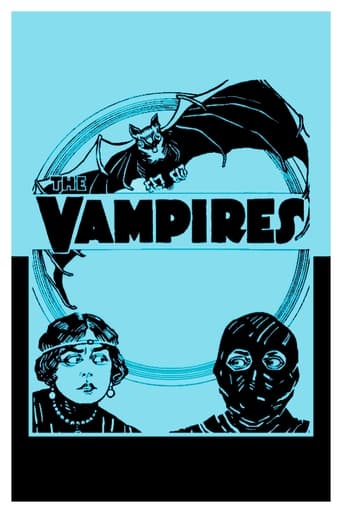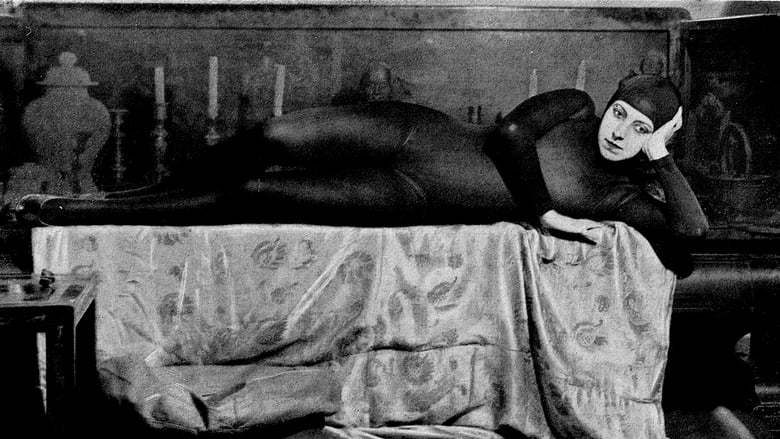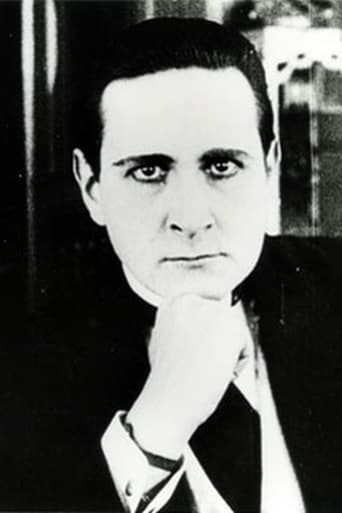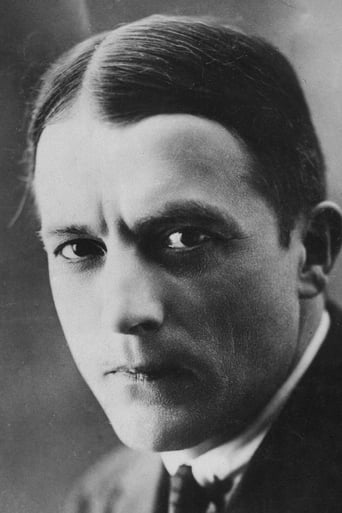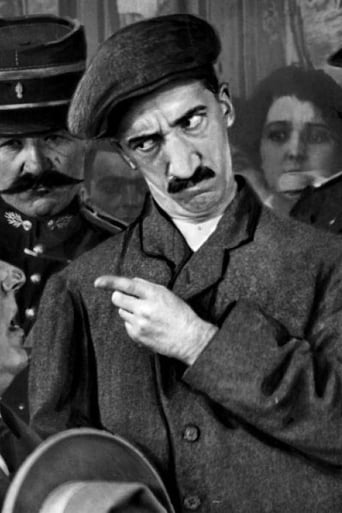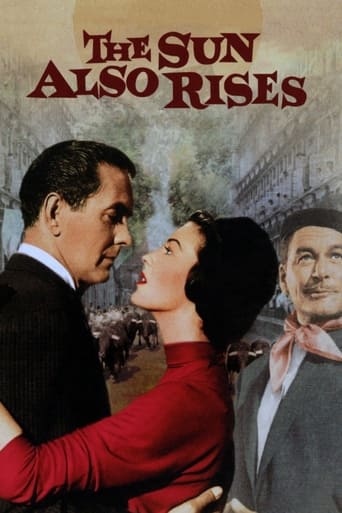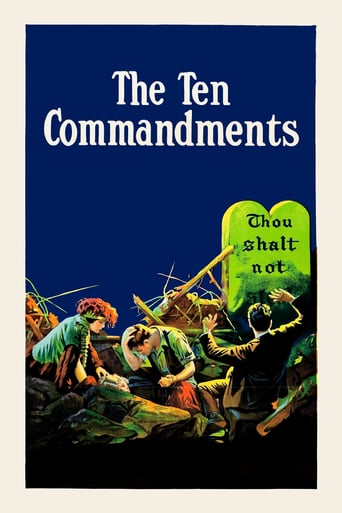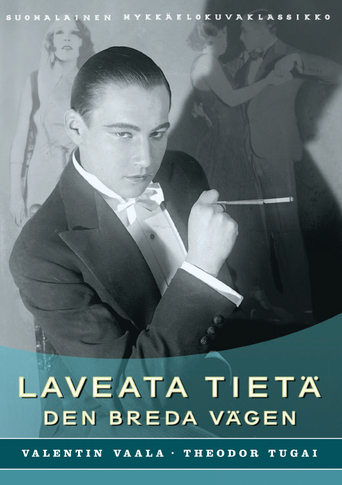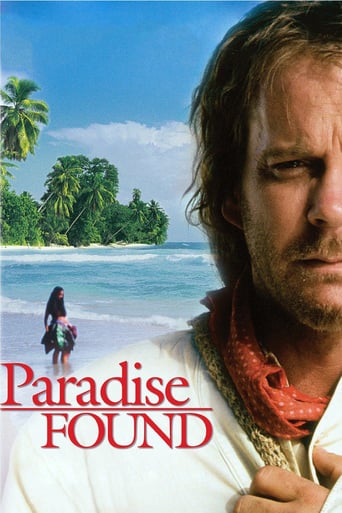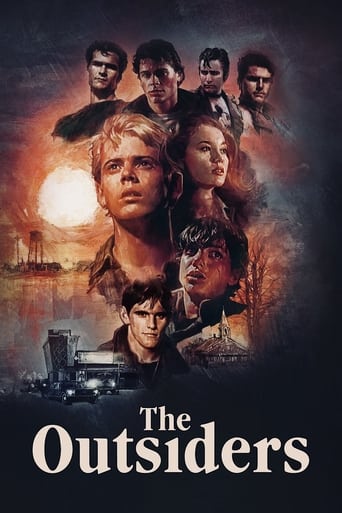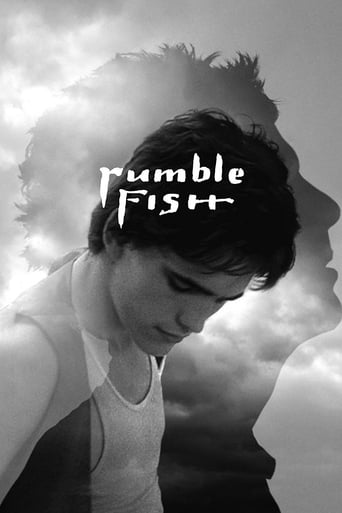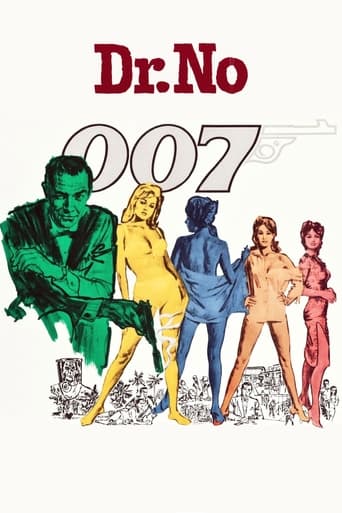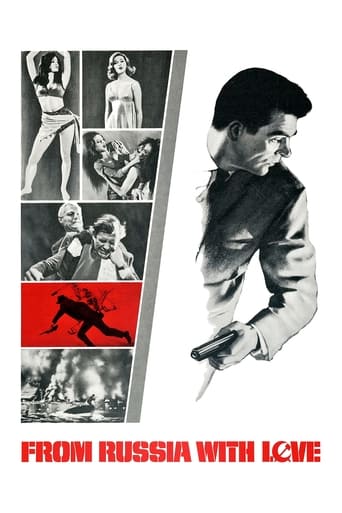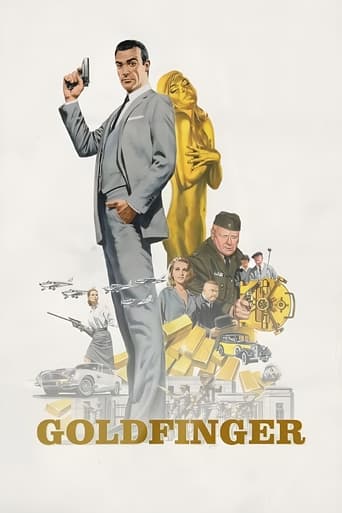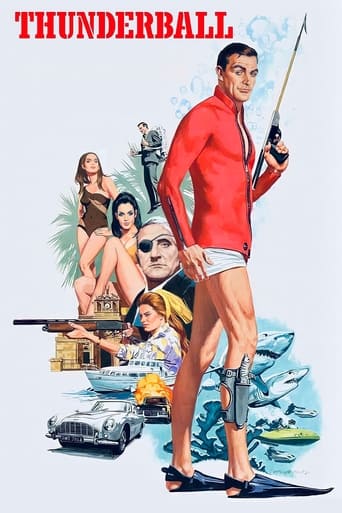The Vampires or, The Arch Criminals of Paris (1915)
Paris is prey to an invisible terror against which the police can do nothing: a sinister organization that sows chaos and death. The intrepid journalist Philippe Guérande and his partner embark on a long crusade to put an end to the crimes of the Great Vampire and Irma Vep, his dangerous accomplice. (A ten episode movie serial.)
Watch Trailer
Free Trial Channels
Cast


Similar titles
Reviews
Undescribable Perfection
recommended
Good , But It Is Overrated By Some
Don't Believe the Hype
I think that if I had seen this, I don't know, ten or more years ago, I wouldn't have this association but, watching Les vampires, maybe the first real groundbreaking piece of epic filmmaking to come out of France during the "pre-sound" era (I don't know about all of Europe since Cabiria was a year before and, come to think of it, this director also did Fantomas just before this, so I may be off completely)... this all seems like the precursor to countless graphic novels (think of the hardboiled stuff but also Superman and Batman to an extent in those worlds) and other pulp serials. In a way this is in league or the same ballpark as Fritz Lang's Dr. Mabuse: The Gambler, which is also a story of arch criminals and the cops and newspapermen on their trails, and both have an approach to storytelling that is plot driven (though Louis Feuillade is especially concerned with the storytelling twists and turns and mounting of suspense more than Lang, who could pause more often for creating mood and atmosphere). It's a story that is a procedural of the hunt AND about the criminals - and is really about, in each 'episode', drawing out the suspense of a moment and a beat and how, as we can assume, someone will get out of the jam they've been put in, whether that's the criminal or the intrepid Globe writer Philippe Gerande (even that seems to have been echoed years later in certain comic books).So much happens in the seven hours of this "film" (I'll call it that, but put quotes around it as it's technically a serial, but hey, it's a full work at the end of it all), and to recount every turn of the story would miss the point of its effectiveness. The interest in Feuillade's stories is to draw the audience in finding more clues on the Gerande's side - and, eventually, the former undertaker Mazamette with his mustache and nose and (a little too much) looking at the camera for audience emphasis as his sometimes partner - and then, perhaps daringly, into how the vampires work on their end. There's equal time spent between Gerande's side of the story, as well as some of the other characters connected with him like his mother (there's a terribly exciting episode where she gets kidnapped by the vampires and how she gets out of it is fantastic as it relies on a plant earlier that gets paid off, so to speak, that we almost don't expect), and then on the side of Irma Vep, the non-vampire-but-still-very-much-criminal Moreno, and the others like the villainous scientist who Irma ultimately falls for, and Satanas, the "Grande Vampire" of them all.What this does is not so much make us feel more sympathetic to them, they are the villains in a story that isn't subtle about drawing the distinctions between good and not, but to have us understand them as people, however they might be duplicitous in their line of operations, and a character like Irma Vep becomes the most memorable thing about this all for a reason. The actress, called only 'Musidora', has wild eyes that can pierce through anything, and how she moves around a space or a room, and then how those eyes can connect with someone, transforms the space she's in. Why does she do these acts of robbery and cat-thievery (more on that in a second), and, eventually, killing or at least by association? Because she can, just like all the other vampires. There's no grand political statement to what they do, outside perhaps of their disregard for morals or being 'proper' (there's a practically ritualistic dance that the characters do in the middle of a room that gets repeated), and she's that classic comic-book sort of villainess: cunning, ruthless, sometimes vicious, also playful, and in her 1915 way sexy as hell (her in that black suit, man). If any of the Batman writers and creators saw this, it'd be clear as day she was the inspiration for Catwoman (I have no way of knowing that, it's an assumption I'm reading in to).Louis Feuillade isn't exactly out for the *most* realistic depiction of a story of criminals and heroes, but it also sees cinema as an art form to be used for the utmost effect to give information (there's a great many newspaper clipping to look at to move the plot forward), and he's creating his own simple and effective cinematic grammar to keep the audience invested. This doesn't mean the series isn't without some share of flaws, much as a run of a graphic novel series might run out of steam closer to the latter issues, like introducing some new characters fairly late into the game (i.e. Mazamette's son Eustache is an annoyance, and Philippe's eventual fiancé is clearly there to be used, sooner rather than later, as another figure to be kidnapped by the vampires). It'd also be advised to not watch it all in one sitting but to parse it out if you can over a few nights; some of the turns and twists - and physicality like at times falling out of windows (watch out for that noose coming your way to pull you down!) - are repetitive. All this noted, it's still a tremendous achievement in pulp fiction storytelling, with the stakes and drama building up more and more as the episodes go on, and if you can buy into some (though not all) of the acting of the period there's a lot of amazing work done as well, most of all by Musidora, but also the actresses in the later episodes do wonderfully too.
It's a cheesy, Empire style comparison to compare Les Vampires to 24 but, for me, there are many similarities. First of all it is episodic, although there is only 10 in Les Vampires.However the big thing that I noticed about Les Vampires was the pace of it all. Whilst I have watched and enjoyed many silent films, often the pace seems to be a lot more leisurely than I would like. With Les Vampires it's pretty much full steam ahead. This means, that you don't have time to think about the actual story which can be quite illogical, over a chapter and particularly over the whole film. Characters die and retrun to life, plus the most unbelievable oc-oncidences occur (just like 24!).I really enjoyed Les Vampires though, it rockets along and is great fun. If you enjoy silent films I would definitely recommend watching this.+
"Les Vampires" (1915 - 398 minutes - B&W) is a classic of the mute cinema series directed by Louis Feuillade. In ten episodes, it counts the adventures of a masked assailants group who haunt Paris. The mythical actress Musidora [ the first "Vamp" of the European cinema ] is the star in the series, that achieved fame due to the great admiration among the surrealists (Andres Breton and Luis Buñuel were its bigger fans), seduced by the dreamily scenes that sometimes appears in the narrative. At first "Les Vampires" was rejected for the French vanguard directors, that considered it like a mere policeman series. The film was saved from destruction thanks to the efforts of the founder of the French Film library, Henri Langlois, and after years forgotten, "Les Vampires" was exhibited again in the sixties, in concurred sessions that had marked time, especially in Paris, London and New York, causing a reevaluation of the critics relatively to the work of Feuillade. Andres Bazin, the great critic of the French cinema, said that "Les Vampires" was "one of the biggest film of all the times", admiration shared with the directors of the new French cinema. Today, Feuillade is placed side by side to other geniuses of the mute period of the cinema, as Griffith, Stroheim, Murnau and Gance. The episodes: 1: The Cut Head (31 minutes); 2: The Ring that Kills (13 minutes); 3: The Red Book (39 minutes); 4: The Specter (30 minutes); 5: The Escape of the Dead Man (35 minutes); 6: Hypnotic eyes (53 minutes); 7: Satanus (42 minutes); 8: The Master of the Thunder (50 minutes); 9: The Poisoner (48 minutes); 10: The Terrible Marriage (57 minutes).
Louis Feuillade may have been an early French pioneer of silent shorts but "Les Vampires" is still bogged down in plot contrivances. Technically speaking it is difficult to view this today as it was upon its release, as 10 separate films, because we're not returning to the theater weekly to see the next great piece of the puzzle. And at 7 plus hours long, to view it in one sitting can be an act of futility and frustration.Feuillade's great strength was short films but with most of these 10 episodes reaching 45 minutes apiece, he extended his stay a large part of the time, serial or not. Designed as a crime saga with comic relief and unrealistic plot devices, "Les Vampires" has been compared to early James Bond and has been mentioned as being influential on Hitchcock. I don't see it. At best it can be compared to the weekly serials shown in theaters in the 50's, early pulp fiction, and the Pink Panther series. That's not an insult but I'm not giving out credit unjustly either. None of these take away from the fun of the work.The Vampires are a sinister (take that lightly) crime gang that is plaguing the streets of Paris circa 1915. Edouarde Mathe's Philippe Guarande and Marcel Levesque's Mazamette are the journalist and sidekick who pursue the group. The Vampires most featured member is second-in-command Irma Vep played by Musidora and she actually is rather sexy. The Vampires leader, the Grand Vampire, actually changes three different times during the story and it is the little nuances like this that spoil the film.Whereas having fun can be quite entertaining, plot can kill the messenger even at this early stage of cinematic history. The poison pens, portable cannons, and paralyzing pin pricks can all be strategically crafty when used appropriately, particularly in a serial series, but they lose their humorous magic when we can't even believe in the people using them. The Vampires, this menace that stalks the rich of Paris and robs them blind, are arguably the clumsiest and most unplanned organization I've ever seen wear black in a movie. Juan Jose Moreno, played by Fernand Herrmann, leads a rival crime syndicate that battles wits with the Vampires and the Guarande/Mazamette team. From the time Moreno enters the film, he successfully thwarts every single Vampire scheme hatched as they cannot do anything right. Indeed were Irma Vep not so sexy she would not be worth having around. She fails at practically every assignment she is given yet not only continually gets away but also is still a highly desired commodity by both the Grand Vampire and Moreno himself.Of course we know why these continual lapses in anything reminiscent of an actual plot and purpose occur...Feuillade has to push this baby to ten episodes to entertain the masses of 1915 for whom it was intended. But Feuillade does show some weakness here even above his writing by playing scenes out extraordinarily too long. In fact by virtue of trimming seconds off of every scene that went on too long "Les Vampires" could have made an excellent feature length picture around 210 minutes and we could have cleared up the ridiculous plot lapses to boot.From an acting standpoint it is neither forgettable nor excellent with the possible exception of Levesque's Mazamette character who steals the show with his hilarious mannerisms and comic imagery. While appearing to be a foolish sidekick early on, by the film's end he actually does more and knows more to catch the bumbling Vampires than anyone else on screen. And he's not even the star. If any influencing went on here it was Mazamette's character on Peter Seller's Inspector Clouseau.The nutshell: great fun if it weren't so unnecessarily long. Like early pulp fiction its nonstop use of dastardly doings, devious schemes, and nasty devices may keep you coming back for the next episode time and time again (same bat time, same bat channel) but the plot will probably slow you down in the end. Possibly worth watching to get a look at early French cinema but when compared to Griffith like all 1912-1920 films must be, Feuillade doesn't even come close...6/10.

